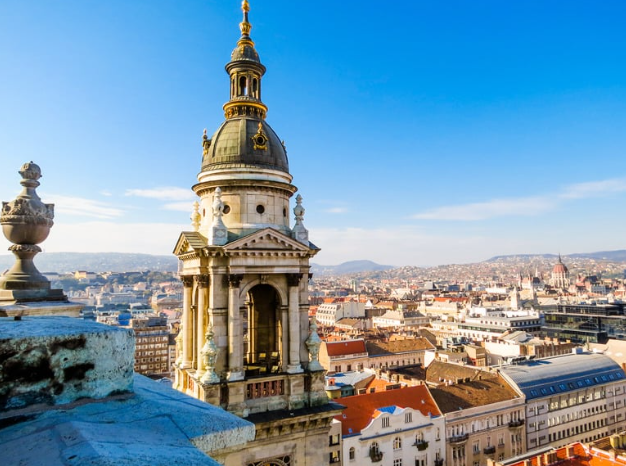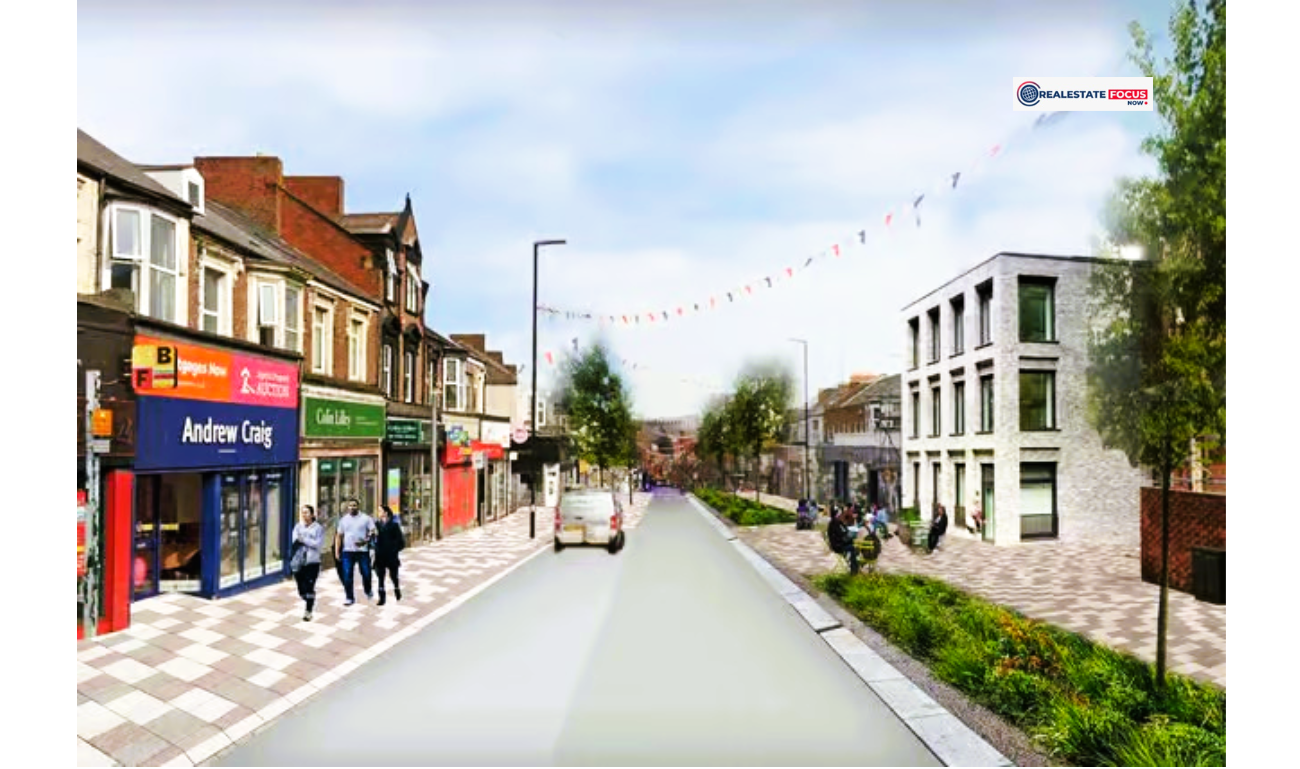

Hungary to Showcase Innovative Real Estate Projects at MIPIM Cannes 2025
In 2025, Hungary will once again participate in MIPIM, the world-renowned real estate exhibition in Cannes, with a robust showcase of its most exciting and forward-thinking real estate projects. This event is considered a major platform for global real estate professionals to meet, exchange ideas, and explore investment opportunities. Hungary’s presence at MIPIM highlights its growing reputation as a hub for innovative real estate development in Central Europe.
The Hungarian delegation is expected to focus on several key sectors of the market, including industrial logistics, residential development, and hospitality, all while promoting Hungary’s commitment to sustainability and modern infrastructure. As the country continues to attract international investments, the MIPIM exhibition will allow it to build valuable connections that will shape its real estate landscape in the coming years.
One of the primary areas of focus for Hungary at MIPIM will be the industrial and logistics real estate sector. Over the past several years, Hungary has become a prominent destination for industrial investments, particularly in rural towns. These areas are seeing an influx of foreign investments, with a focus on the development of industrial parks and logistical hubs. Hungary’s favorable tax system, skilled labor force, and strategic location in Central Europe have made it an attractive base for international companies looking to streamline their supply chains in the region.
Key developers such as Innovinia and HelloParks are spearheading the construction of state-of-the-art logistics parks in rural areas, where the lower land costs and access to transportation routes offer great potential for long-term growth. At MIPIM, Hungary will present these projects as examples of how the country is leveraging its advantages to drive industrial growth while fostering sustainable development.
The industrial development boom in Hungary is not only limited to major urban centers but extends into rural regions, which have traditionally been overlooked in favor of more metropolitan areas. This shift in focus is a direct result of the growing demand for efficient, cost-effective supply chain solutions in the face of global economic changes. Many companies are now seeking locations outside congested cities to establish logistics and manufacturing hubs.
Hungary’s government has strategically placed emphasis on creating infrastructure that supports such developments, including improved transportation networks and access to key regional markets. With these improvements, Hungary’s rural areas are becoming increasingly attractive to both investors and companies looking for affordable yet high-quality industrial spaces. As these rural hubs continue to expand, Hungary is positioning itself as a key player in the European logistics network, providing companies with an ideal base of operations.
Alongside industrial and logistical developments, Hungary is also seeing significant activity in its residential and hospitality sectors. Budapest, in particular, continues to experience growth in the residential real estate market, driven by increasing demand for modern and sustainable housing. As Hungary’s economy continues to grow and attract foreign workers, there is a growing need for quality residential spaces that cater to both locals and expatriates.
The focus is on delivering energy-efficient, smart homes that meet the highest sustainability standards. Additionally, residential projects are increasingly being designed with amenities that promote wellness and comfort, catering to the evolving needs of today’s urban residents. These trends are expected to gain momentum in the coming years, with an increasing number of developers incorporating green technologies, such as solar power and rainwater harvesting, into their projects.
The hospitality sector is another key area of growth for Hungary’s real estate market. As tourism in Central Europe continues to thrive, Budapest has become an attractive destination for international hotel chains looking to expand their portfolios. The city’s rich cultural history, vibrant atmosphere, and strategic location make it an appealing destination for travelers from around the world. Developers are responding to this demand by building high-end hotels that cater to both luxury travelers and business professionals.
The growing emphasis on sustainable tourism has also led to the integration of green building practices in hotel construction, with developers prioritizing energy efficiency, waste reduction, and sustainable sourcing of materials. By focusing on sustainability and energy efficiency, Hungary is positioning itself as a leader in responsible tourism, offering travelers not only an enriching cultural experience but also the peace of mind that their accommodations are environmentally conscious.
As Hungary looks to 2025 and beyond, the country’s real estate market is poised for continued growth and transformation. The trends that are currently shaping the market — industrial expansion in rural areas, residential developments that prioritize sustainability, and the rise of eco-friendly hotels — are all reflective of a broader global movement towards responsible and efficient land use. At MIPIM, Hungary will showcase these developments as a testament to the country’s commitment to modernizing its real estate sector while embracing the principles of sustainability.
By incorporating green technologies, improving urban infrastructure, and focusing on efficient land use, Hungary is building a real estate market that will stand the test of time. The country’s participation in MIPIM provides a valuable opportunity to attract new international investors and establish long-term partnerships that will drive the next phase of real estate development in Hungary.
Hungary’s growing reputation as an investment destination is based not only on its attractive financial incentives and strategic location but also on its ability to adapt to changing market demands. The country’s real estate developers are increasingly focused on creating spaces that are both sustainable and flexible, able to accommodate the evolving needs of businesses and individuals. As the global economy continues to face challenges, Hungary’s commitment to building a resilient, sustainable real estate sector makes it an attractive option for investors looking for stability and long-term returns.
By positioning itself at the forefront of the Central European real estate market, Hungary is setting a strong example for other countries in the region, demonstrating that it is possible to achieve economic growth while prioritizing sustainability and environmental responsibility. As Hungary continues to modernize its real estate offerings, the opportunities for investment and growth are expected to expand, making it one of the most exciting markets in Europe to watch in the coming years.




































